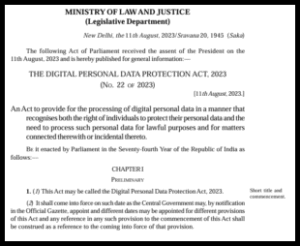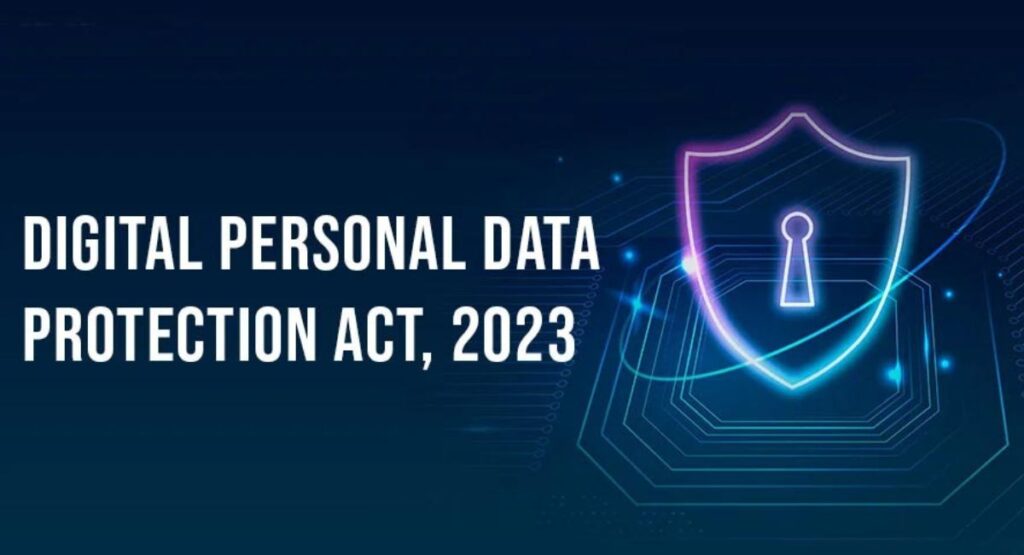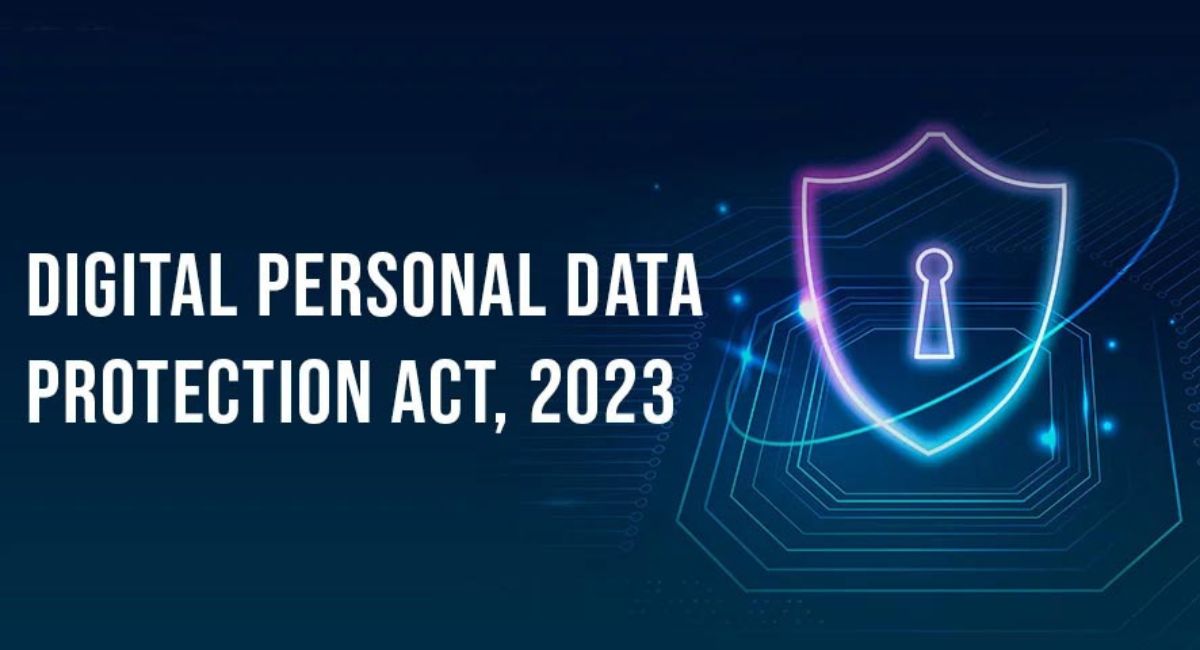In today’s hyper-connected world, our lives are safeguarded by invisible digital boundaries. From personal conversations to government records, almost everything is stored online, making data not just powerful, but also increasingly vulnerable.
For HR professionals, the digital world brings an added responsibility. Information that was once stored in cabinets like payroll records, health insurance details, performance reviews, now stays on digital platforms. And because this data is deeply personal, it must be handled with care and stored securely to comply with evolving data protection laws.
The risks of neglecting this responsibility are real and costly. Consider the 2016 Snapchat incident: a simple phishing email duped a payroll employee into sharing sensitive details of 700 staff members with a fraudster posing as the CEO. The fallout was swift and damaging, offering a stark reminder that even a single error can have long-term reputational and legal consequences.
In India, the introduction of the Digital Personal Data Protection (DPDP) Act, 2023 marks a turning point in how organizations collect, process, and protect employee data. For HR leaders, this law isn’t just a legal formality, it’s a framework that redefines privacy obligations across the entire employee lifecycle, from hiring to exit.
Let’s take a closer look at how the evolution of the DPDP Act impacts HR professionals and break down its core provisions in a clear, practical manner.
How India’s New DPDP Act Impacts HR Data Practices
Until 2023, India lacked a dedicated law to regulate personal data protection. To fill this gap, the central government set up a Committee of Experts in 2017, led by Justice B.N. Srikrishna, to study the issue and suggest a framework. The committee submitted its report in July 2018, which led to the introduction of the Personal Data Protection Bill in Parliament in December 2019. After review by a Joint Parliamentary Committee and several revisions, the Bill was withdrawn in 2022. A revised draft was released later that year, and in August 2023, the Digital Personal Data Protection (DPDP) Bill was passed, officially becoming the DPDP Act, 2023.
The DPDP Act, 2023 is India’s core data privacy law, applicable to the processing and handling of digital personal data (bank account number, financial statements, IT returns, educational qualification documents, address proof, biometric information) collected online or offline (if later digitised) within the country. It also extends to data processing activities carried out outside India, provided they involve offering goods or services to individuals in India.
What Gives Employers the Right to Use Your Personal Data?

“An Act to provide for the processing of digital personal data in a manner that recognizes both the right of individuals to protect their personal data and the need to process such personal data for lawful purposes and for matters connected therewith or incidental thereto,” states the Digital Personal Data Protection (DPDP) Act, 2023.
Under the DPDP Act, employers (like other companies or government bodies) can only use your personal data if:
- You’ve clearly said yes, that is, you’ve given your consent.
- Or it falls under certain “legitimate uses”. For example, if you’ve shared your data on your own and haven’t specifically said no.
But the Act doesn’t accept vague or forced approvals. For your consent to count, it must be:
- Given freely without any pressure.
- Clear and specific, you should know exactly what you’re agreeing to.
- Based on real understanding not hidden in fine print.
- Shown through a clear action like ticking a box or clicking “I agree.”
In short, your data can’t be used unless you genuinely agree — and you know what you’re agreeing to.
Other Key Provisions of the DPDP Act (for Employers and Employees)
- Rights for individuals (Data principals): Under the Act, individuals (in this context, employees) are granted significant control over their personal data, including rights to access, correct, delete, and transfer their data. They can also appoint someone to act on their behalf in case of death or incapacity.
- Responsibilities for data fiduciaries: Entities such as the HR department handling personal data must obtain user consent, ensure data security, and are held accountable for breaches. They are required to follow responsible processing practices as per the Act.
- Cross-border data transfer: Personal data may be transferred to any country, except those that the Indian government specifically restricts. This safeguard ensures the privacy of Indian citizens, especially in cases where other countries may lack strong data protection laws, increasing the risk of breaches or misuse.
- Data Protection Board (DPB): The DPDP Act requires the Central Government to set up the Data Protection Board of India (DPBI). The Board will have the authority to review complaints, ensure compliance, and impose financial penalties where needed, with significant discretion in deciding the amount based on the nature of the violation. Data fiduciaries are required to promptly report any data breaches to both the Data Protection Board and the affected individuals.
- Mandatory data security measure: The Act requires HR departments to implement strong data security measures to safeguard personal data against unauthorized access, breaches, and other risks. This includes practices like encryption, secure storage, and regular security audits.
- Data minimization: Another key principle under the DPDP Act is data minimization. This means only the data strictly needed for a specific purpose should be collected.
Penalties for Non-Compliance
Another key aspect of the DPDP Act is its strict penalty framework. Companies that fail to comply with the provisions may face financial penalties of up to ₹250 crore, along with potential legal consequences and serious reputational risks.
Final thoughts
India’s DPDP Act has finally brought long-overdue attention to an often-neglected area: employee data. Information that was once casually managed through spreadsheets or shared over emails is now subject to a stringent legal framework. While the final implementation rules are still being outlined, businesses cannot afford to wait. Building a robust compliance framework takes time, and the clock is already ticking.
Here’s what HR leaders must do to stay compliant:
- Understand what qualifies as digital personal data under the law
- Appoint a Data Protection Officer or designate a responsible internal team (Appointing a DPO is mandatory for significant Data Fiduciaries, those handling large volumes of personal data)
- Map and classify all employee data collected, stored, or processed
- Update privacy policies and contracts to reflect the new obligations
- Set up consent workflows and breach response protocols
- Train HR teams and partner with IT to establish strict access controls
- Monitor third-party vendors like those used for payroll, benefits, or recruitment — and ensure contracts clearly define data privacy responsibilities
The bottom line is that protecting personal data is no longer optional, it’s a legal necessity

